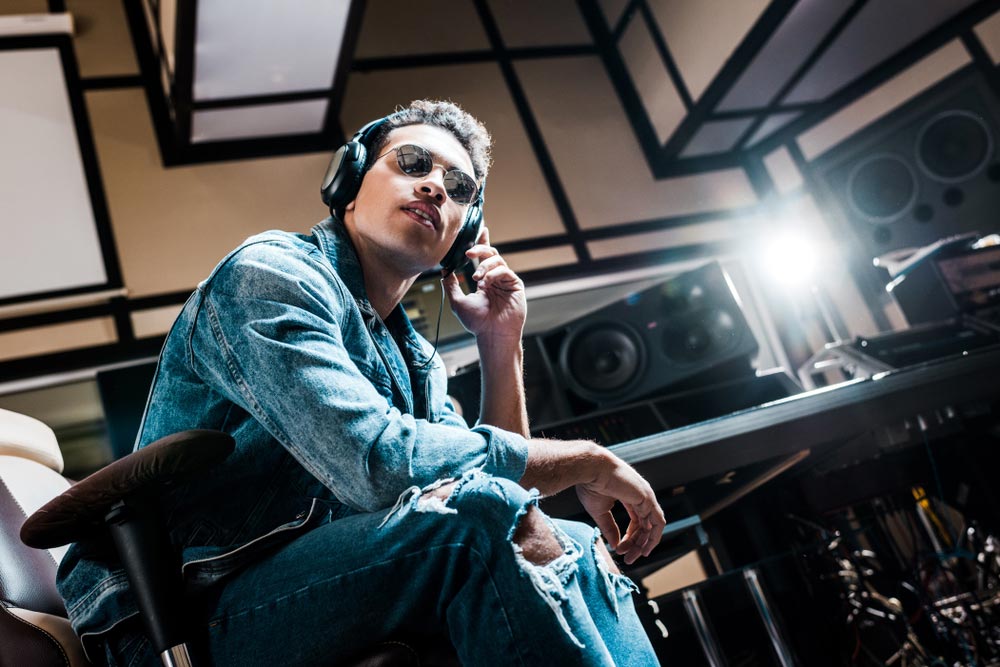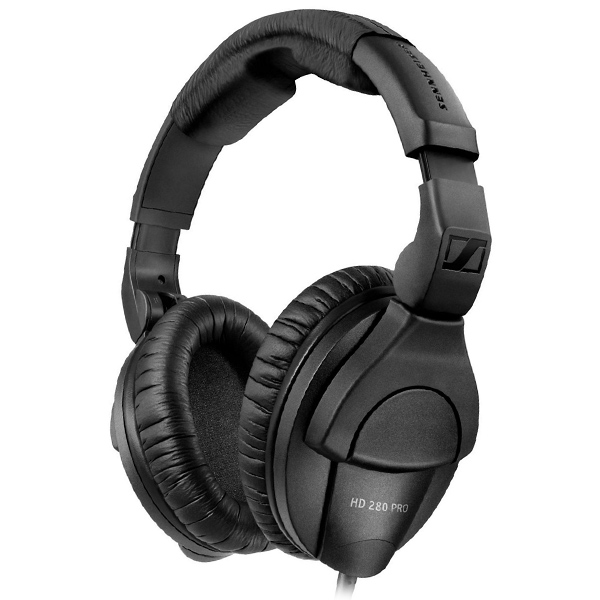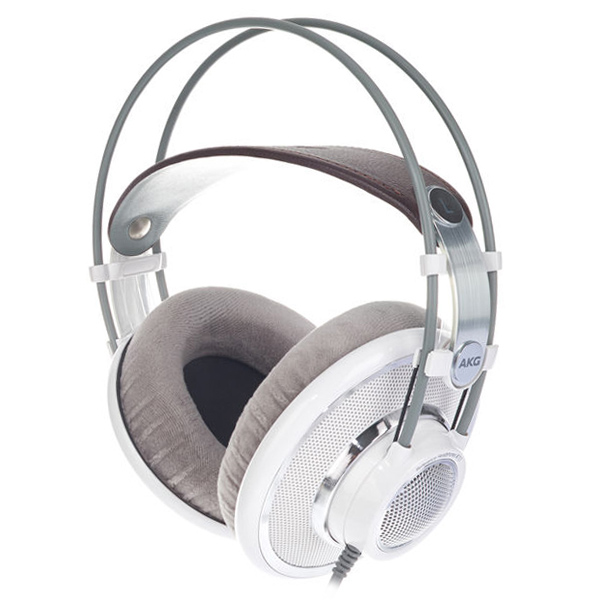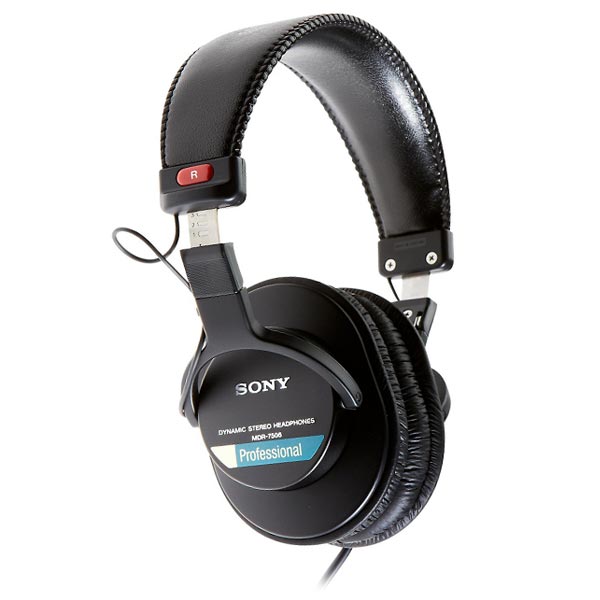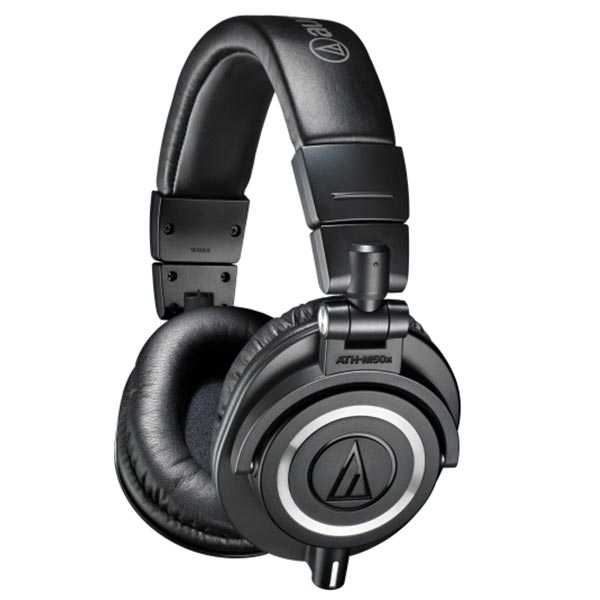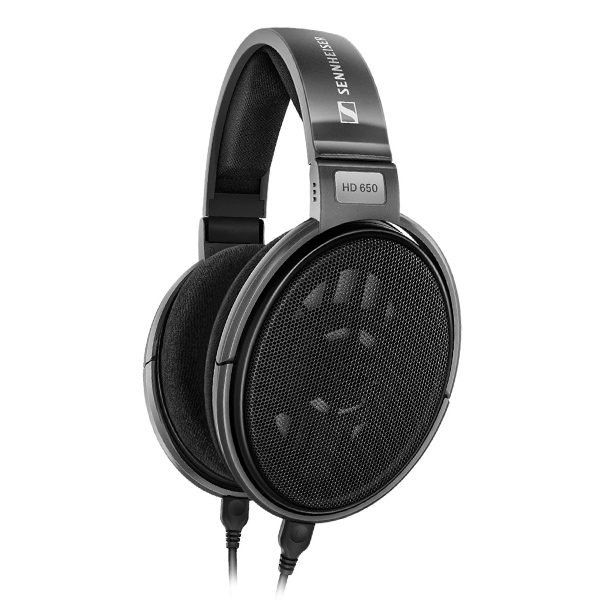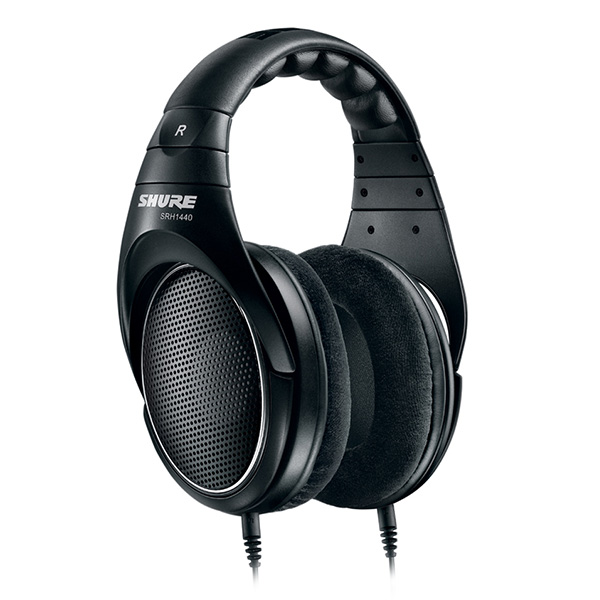You may have heard people say you shouldn’t mix on headphones. Some say it’s even impossible. But the reality is, lots of us do it and get great results.
As a part-time entrepreneurial musician, I often work late at night when my family is sleeping. So I sort of have to mix with headphones or else they would attack me like half-asleep zombies.
In fact, it’s important that your mixes sound good on studio headphones as well as any other sound source you can get your ears on. Plus, good headphones can expose little things you may not notice through studio monitors.
So if you know what you’re doing, you can mix professional-sounding music through a good pair of “cans.” The trick is to occasionally check the mix on your monitors (and your earbuds, phone, and car speakers). I’d say you could do 90-95% of your mixing on headphones, as long as they’re the right kind and you’re familiar with your pair.
We won’t get into how to mix music on headphones in this article, but for a beginner’s introduction to mixing, check out this in-depth guide we put together.
